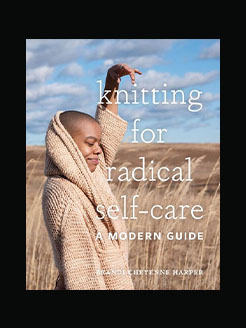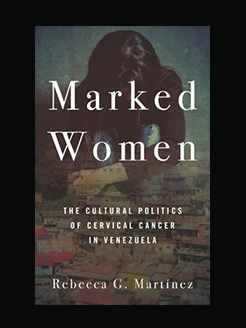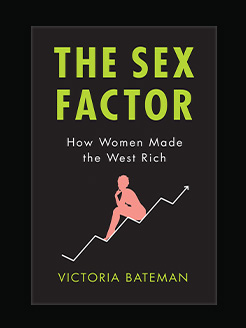Published in 2019
224 pages
Anatasia S. Kim is a Clinical Psychologist who specializes in working with adolescents and young adults with neurocognitive disabilities, anxiety, and depression. She is also an Associate Professor at The Wright Institute in Berkeley, CA. She teaches, writes, trains, and consults on topics related to diversity, equity, and inclusion.
What is this book about?
Conversations about controversial topics can be difficult, painful, and emotionally charged. This user-friendly guide will help you engage in effective, compassionate discussions with family, friends, colleagues, and even strangers about race, immigration, gender, marriage equality, sexism, marginalization, and more.
We talk every day—and we often do it without thinking. But, as you well know, there are some things that are harder to talk about—especially issues pertaining to politics, culture, lifestyle, and diversity. If you’ve ever struggled in a conversation about a “controversial” topic with a loved one, work colleague, or even a stranger, you know exactly how uncomfortable and heated the discussion can become. And even if you are one of the lucky few that expresses themselves eloquently, how do you move beyond mere “lip service” and turn words into actionable change?
This groundbreaking book will show you how to get to that important next level in difficult conversations, to talk in an authentic and straightforward way about culture and diversity, and to speak from the heart with tools from the head. Using a simple eight-step approach, you’ll learn communication strategies that are supported by research and have been practiced in classrooms, work meetings, therapy sessions, and more.
We constantly hear about friends and colleagues whose family members are not speaking to each other because of different political opinions, who’ve exchanged words that have mutually offended one another. If silence is one end of the continuum and verbal conflict anchors the other, how do we reach a middle ground? How do we take part in the “in between” spaces where both parties can speak and listen?
With this book as your guide, you’ll learn to navigate these difficult conversations, and take what you’ve learned beyond the conversation and out into the world—whether it’s through politics, social justice movements, or simply expanding the minds of those around you.







